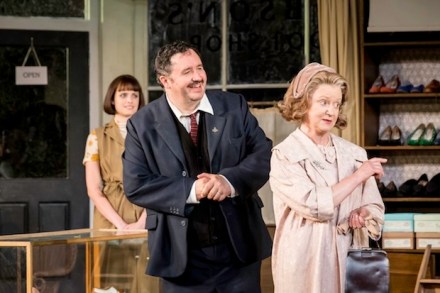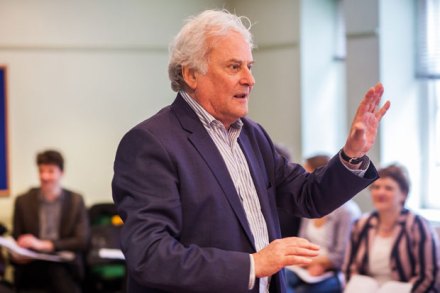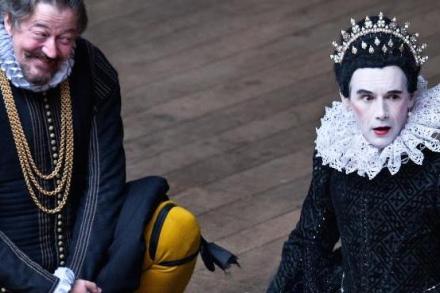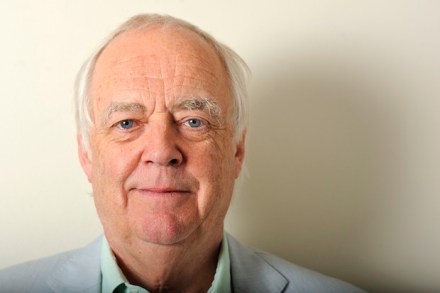Mark Benton’s Hobson spares us nothing in his journey from rooftop to gutter
Nice one, Roy. Across the West End secret toasts are being drunk to the England supremo for his exquisitely crafted belly flop in Brazil. A decent run by our boys in the World Cup has the potential to put a nasty dent in the box-office takings. As a welcome home present the lads deserve free tickets to Hobson’s Choice at the Open Air Theatre. The play is one of those dependable classics that directors don’t entirely trust. Few can resist the temptation to give it a tweak or stick it in a time machine. The storyline has the simplicity and boldness of a fairy tale. Hobson, a despotic widower, forces





















